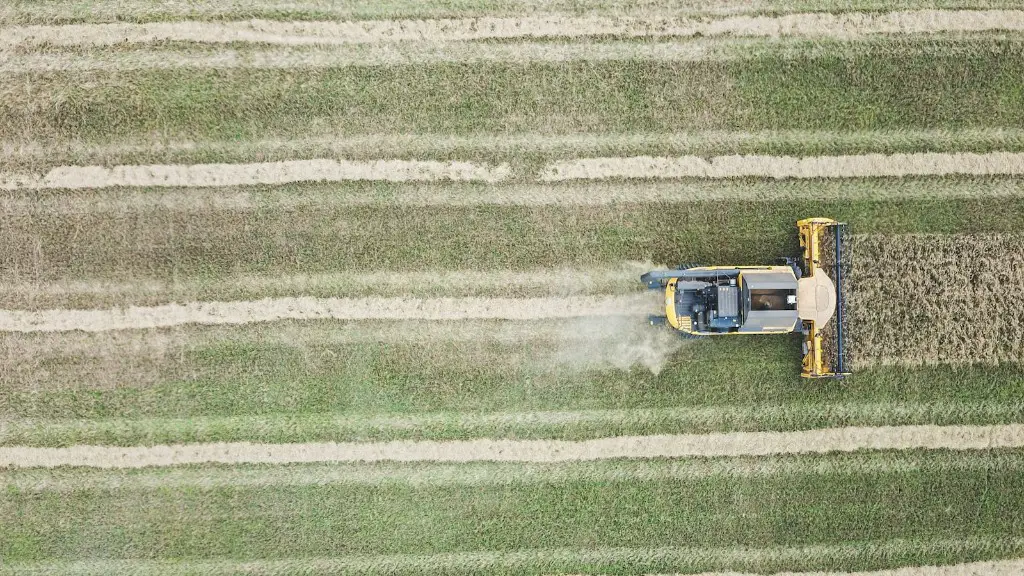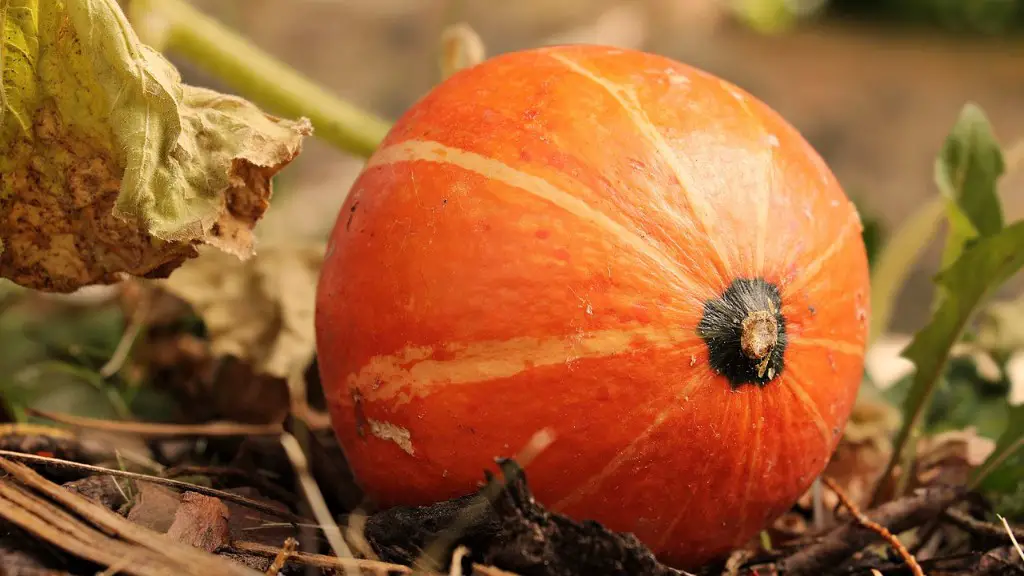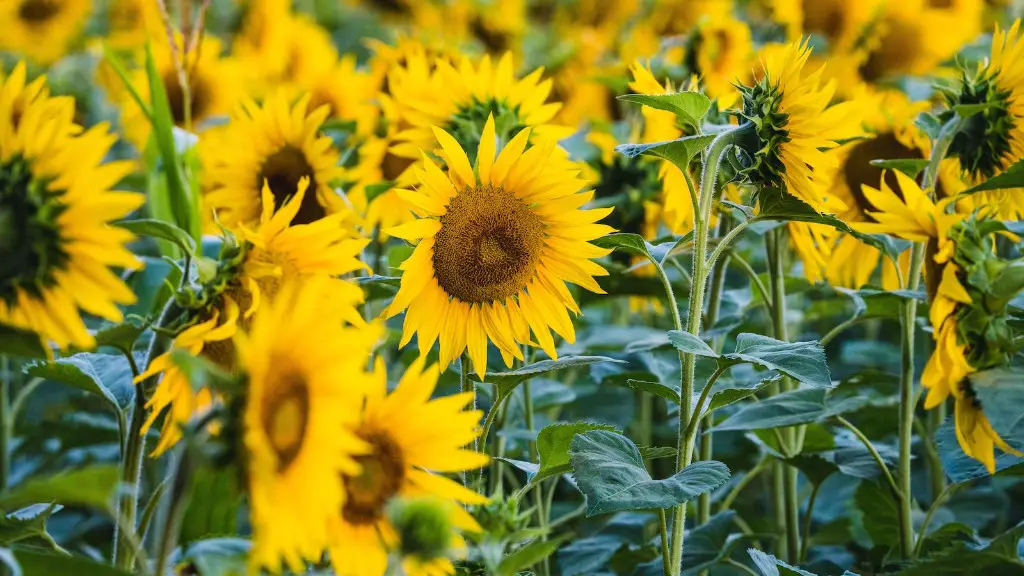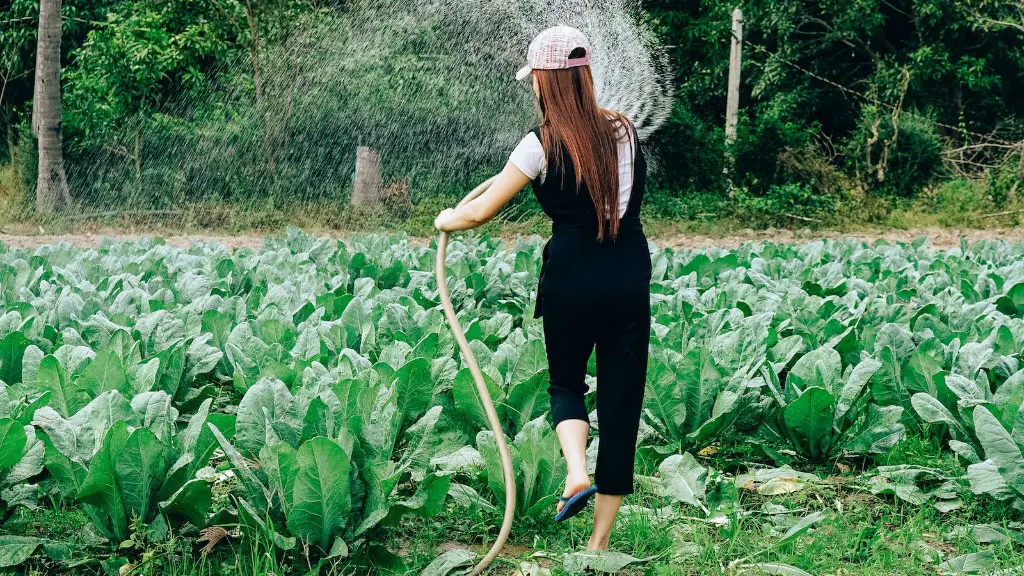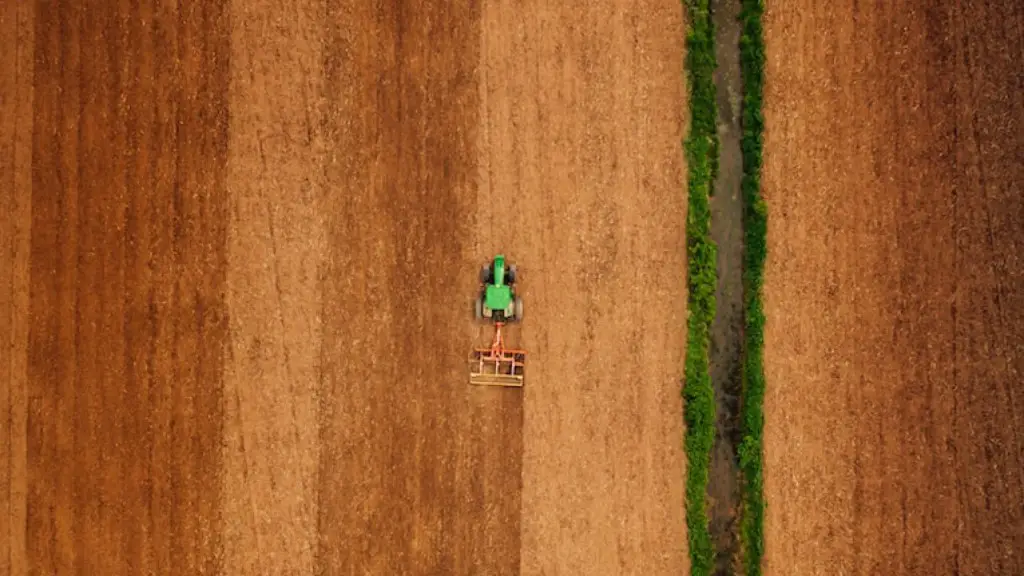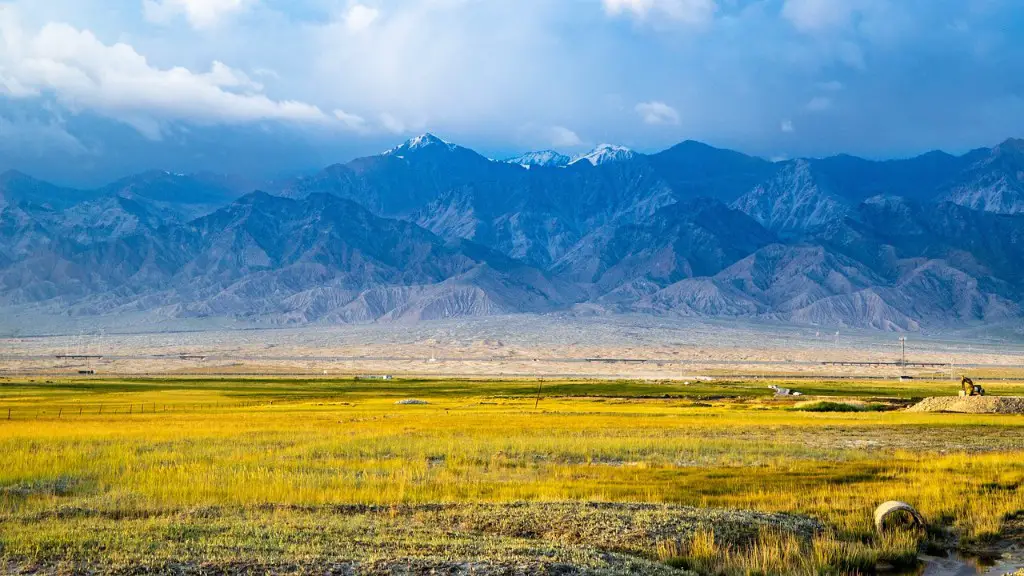Honeybees are important to agriculture because they are a major pollinator of crops. About one third of the human diet is derived from insect-pollinated plants, and the honeybee is responsible for pollinating a significant portion of these crops. In the United States, honeybees pollinate about $15 billion worth of crops each year.
Honeybees are important to agriculture for a number of reasons. First, they are responsible for pollinating a large percentage of the world’s crops. This process of transferring pollen from the male to the female reproductive organs of plants is essential for plant fertilization and the production of seeds. Without bees, many crops would not be able to reproduce and yield a harvest.
In addition to pollinating crops, honeybees also produce honey, which is a valuable food source for humans. Honey has been used as a natural sweetener and medicine for centuries, and is still prized for its unique flavor and nutritional properties.
Finally, beeswax is another byproduct of honeybees that has a wide range of uses. It is used in the production of candles, cosmetics, and polishes, among other things.
So, as you can see, honeybees play a vital role in agriculture and the production of many important food and non-food items.
What are 3 reasons why bees are important?
Bees are important for many reasons. They help produce 1/3 of our food supply, help provide ½ of the world’s fibers, oils, and other raw materials, help create many medicines, provide food for wildlife, and help prevent soil erosion.
Pollination is vital for the reproduction of many flowering plants and crops. Three-fourths of the world’s flowering plants and about 35 percent of the world’s food crops depend on animal pollinators to reproduce. That means that one out of every three bites of food you eat is thanks to a pollinator.
There are more than 3,500 species of native bees that help increase crop yields. These bees are important pollinators of many fruits, vegetables, and other plants.
Why are bees important for agriculture farming quizlet
Bees are one of the most important pollinators of plants. Without bees, many plants would not be able to reproduce and produce seeds. Pollination is the transfer of pollen from the male parts of a flower to the female parts. This process is necessary for the plant to produce seeds. Bees collect pollen on their body as they move from flower to flower. Some of the pollen rubs off on the female parts of the flower, fertilizing the plant.
Bees are essential for the pollination of many crops, and without them, the availability and diversity of fresh produce would decline substantially. Human nutrition would likely suffer as a result, as crops that would not be cost-effective to hand- or robot-pollinate would be lost or persist only with the dedication of human hobbyists.
Why are bees so important to the ecosystem?
Bees are an essential part of the ecosystem and play a vital role in pollination. By supporting the growth of plants, they provide food and shelter for a wide variety of creatures. bees contribute to complex, interconnected ecosystems that allow different species to co-exist.
Native honey bees are the most commonly known pollinator. They are ‘volunteers’ that work tirelessly pollinating a variety of crops. However, there are many other pollinators that play an important role in agriculture. These include wild honey bees, bumblebees, and solitary bees. Each has its own unique strengths that make it an important part of the pollination team.
How much do pollinators contribute to agriculture?
Pollinators are vital to our food supply, and without them, we would be hard-pressed to produce the fruits, vegetables, chocolate, coffee, nuts, and spices that we enjoy every day. One out of every three bites of our food is a direct result of pollination, so it’s important to do what we can to protect these essential creatures.
Without pollinators, our world would look very different. Make sure to do your part in preserving these vital creatures by planting native flowers, avoiding pesticides, and providing nesting and roosting opportunities!
What are the top 5 reasons why bees are so important
Bees are an important part of the biodiversity on which we all depend for our survival. They provide high-quality food—honey, royal jelly, and pollen—and other products such as beeswax, propolis, and honey bee venom. Bees are under threat from many factors, including habitat loss, pesticide use, and climate change. We need to do everything we can to protect them.
Beekeeping is an important agricultural practice that provides many benefits to both beekeepers and crop farmers. The sale of bee products and beehives generates significant economic returns, and the efficient pollination services provided by bees increases crop yields. This mutual benefit creates a strong incentive for both beekeepers and farmers to continue this important practice.
Do honey bees help all agriculture?
Honeybees are important for the pollination of many crops, but not all crops require or benefit from honeybee pollination. The production of such crops as a percentage of total food production is increasing throughout the world. Pollination by honeybees increases the size, quality and/or stability of harvests for an estimated 70 per cent of the world’s main crops.
The bee is an important pollinator of food crops, and without them, we would not be able to produce the food we need to survive. Albert Einstein was clear in his assessment of the importance of bees, and we would do well to heed his warning. we must take action to protect bees and other pollinators so that we can continue to enjoy the food we love.
Can we live without honey bees
It’s estimated that one out of every three bites of food we eat is made possible by bees through pollination. That’s because bees play a vital role in the reproduction of many fruits, vegetables, and nuts. So, if bees disappeared, we would see a significant decrease in the availability of these foods. While humanity would survive, our diets would become a lot less varied and interesting.
A world without bees would have dire consequences for the global human population. We would lose all the plants that bees pollinate, all of the animals that eat those plants and so on up the food chain. This would mean that our supermarkets would have half the amount of fruit and vegetables. It gets worse – a world without bees would struggle to sustain the global human population of 7 billion.
Why would humans survive without bees?
Bees are one of the most important pollinators of crops and flowering plants. Without them, we would not have many of the fruits and vegetables that we enjoy today. The United States Department of Agriculture estimates that pollinators like bees and butterflies help pollinate approximately 75 percent of the world’s flowering plants. They pollinate roughly 35 percent of the world’s food crops—including fruits and vegetables.
Honey bees play an important role in pollination. Gardens which are not visited by bees bear comparatively less fruit. All bee species aid in pollination. The value of honey bees in pollination is 15-20 times higher than that of the honey and wax it produces.
Conclusion
Honeybees are important to agriculture for a variety of reasons. First, honeybees pollinate crops, which helps to increase yields. Second, honeybees produce honey, which is a valuable commodity. Finally, honeybees help to control pests, which can damage crops.
Honeybees are important to agriculture because they help pollinate plants. By transferring pollen from the male part of a flower to the female part, honeybees help fertilize plants so that they can produce fruits, vegetables, and nuts. In fact, about one third of the human diet comes from plants that require pollination by bees.
